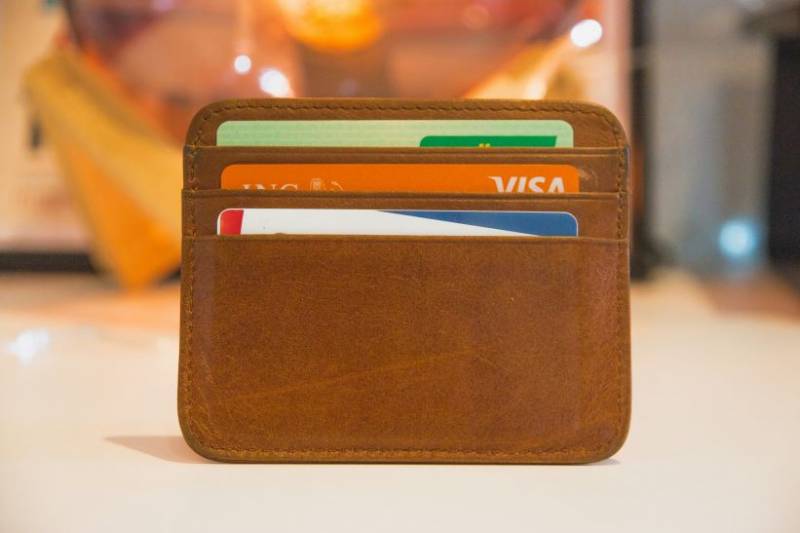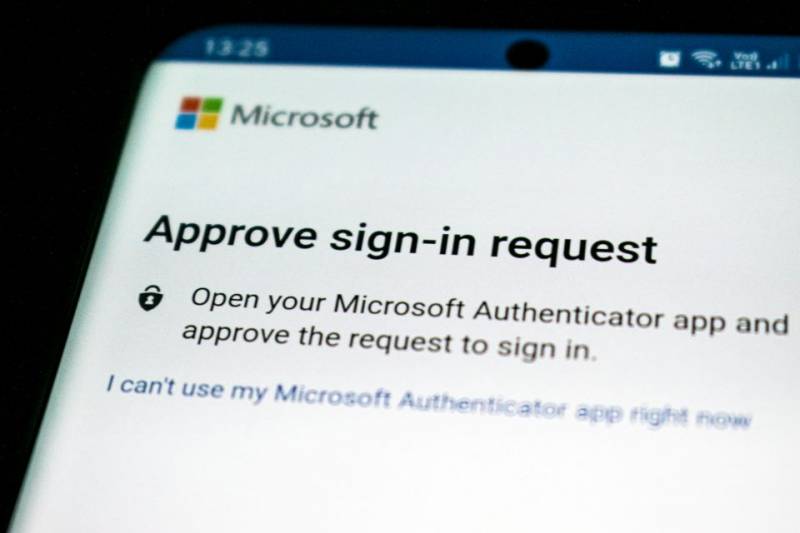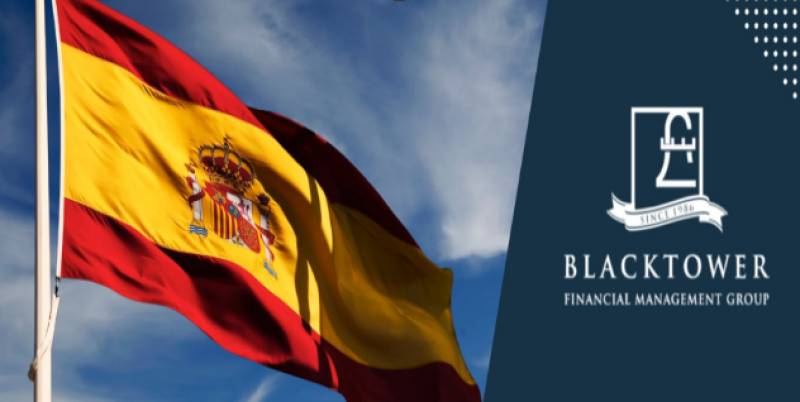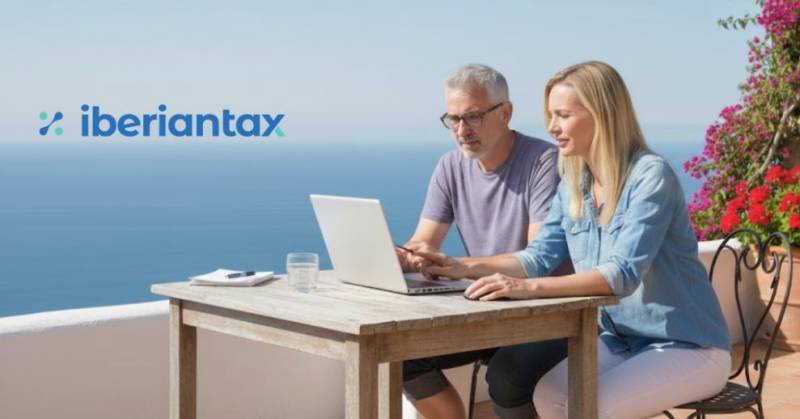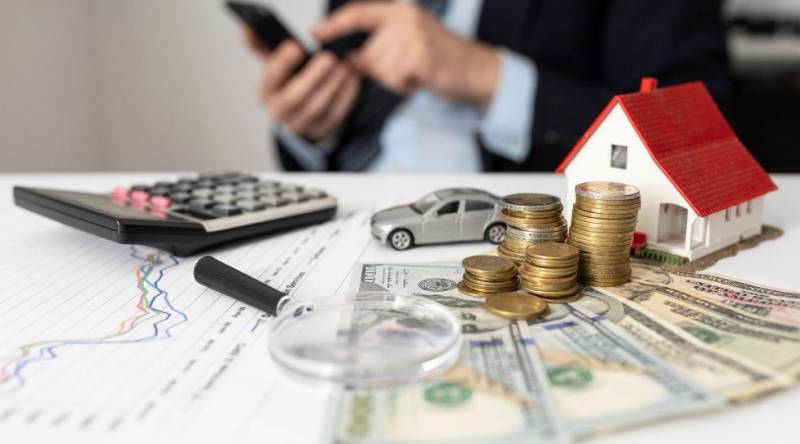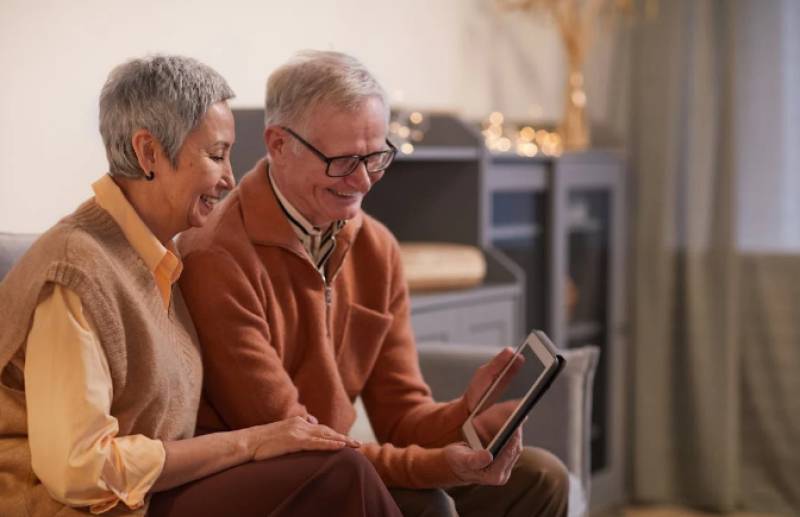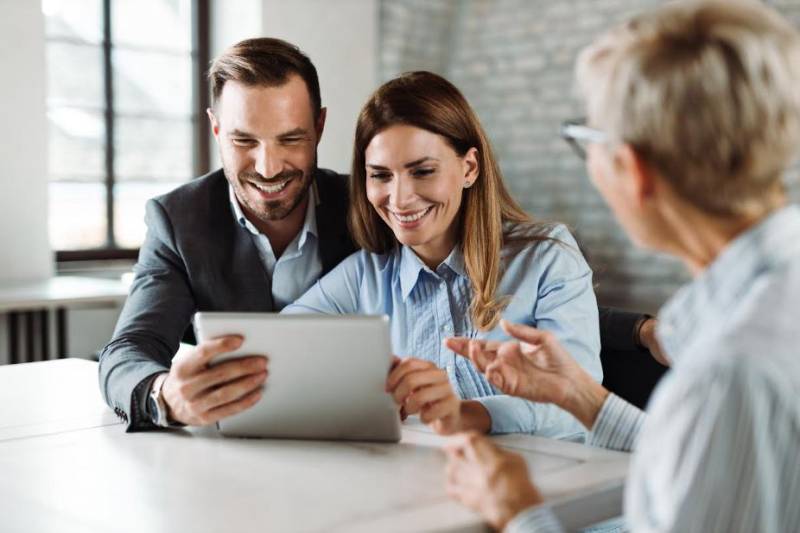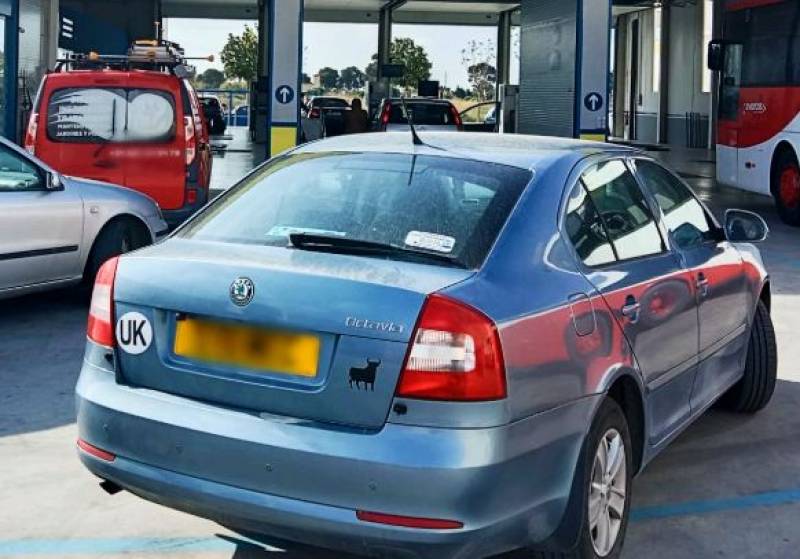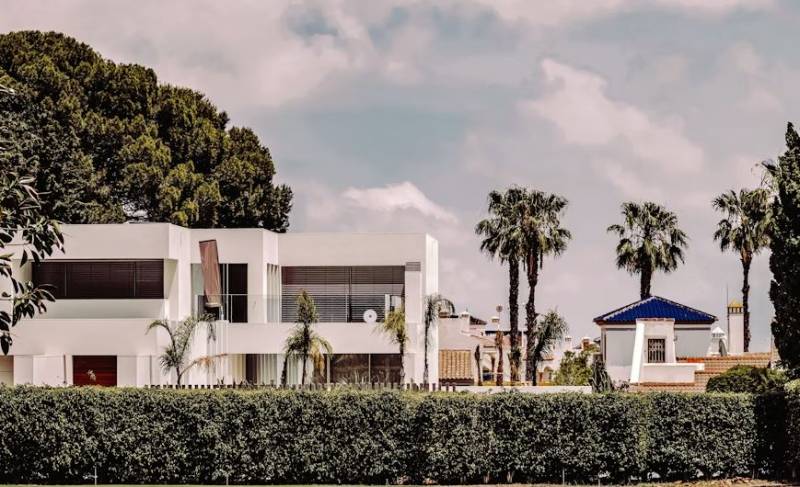Keeping secure while making payments online
ARCHIVED ARTICLE -
The top tips for safe payments when making online purchases
We've all at some point had that craving for something from home that just can't be found locally, and that inevitably leads us to online shopping. Just about any product from any country is available if we look hard enough, but it can also mean opening ourselves up to risks. If you're looking to buy online, here are some tips and tools to help you stay safe at the checkout.
Card payments
The most common option worldwide for making payments has always been credit and debit cards, simply because they are straightforward to the vendor. The inherent risk that comes with this is that you are always giving incredibly sensitive information to an unknown party. Particularly if you're using a smaller and less well-known site, that information could feasibly be going anywhere.
If card payments are something you need to use, then using things like Visa vouchers can be helpful. These vouchers are essentially prepaid cards used to make payments on anything from online casinos to online supermarkets and anything else a Visa card could be used for. Because payment is only made to a secure voucher site, you always know exactly where the information is going.
Digital wallets
In many ways, digital wallets are a little like the vouchers mentioned earlier. Instead of a prepaid card, they are online accounts where you can store funds to be used for purchases. The most commonly known one is easily PayPal, although you can find a wide variety of platforms available online. They also tend to be widely accepted by most sites, although you do lose a bit of the universal usage of card payments.
The main thing to look out for with digital wallets is those
that are more tailored specifically to cryptocurrency. As crypto has gotten a lot more popular, a number of new wallets have also sprung up to cater to them, however, these tend to have less security and features than any established platform. In this case, veterans like PayPal are usually safer bets.
Extra security layers
Aside from the exact payment method you choose to use, there are measures you can take on top of this to make sure all your critical info is locked up tight. For example, if your bank doesn't already have it in place, having some kind of
two-factor authentication password installed on your phone could be helpful. Many banks now feature it as standard, and if not, it could be worth contacting them about it.
Improving your phone security in general can be good in many ways. If you make a number of different payments across different sites, access to your phone can be as good as access to your cards and bank accounts. The good news is that, as long as you have a relatively modern device, there are usually plenty of options like fingerprints or simple passcodes that can keep everything safe.
As a final note, remember that your online safety almost always comes down to your own actions. Be vigilant about where you put your information and you'll stop 99% of problems before they start.
article_detail

|



